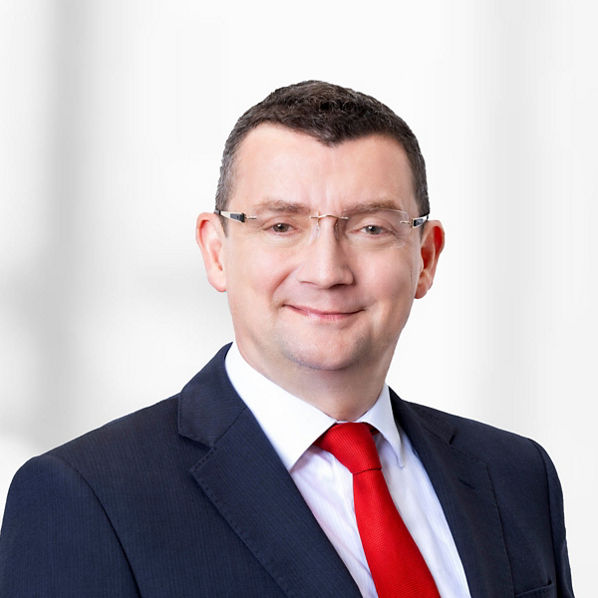23 January 2024, Hong Kong (SAR), China ("Hong Kong") – Asset managers have to fight for talent and set strategies for growth, with KPMG’s research finding an increasing appetite for mergers and acquisitions. The Asia Pacific region is experiencing increased demand for asset management platforms and other emerging markets are relatively new to asset management, both driving appetite for acquisitions.
The KPMG Asset Management CEO Outlook surveyed 80 asset management leaders of organizations with revenues of at least US$500 million based in Australia, Canada, China, France, Germany, India, Italy, Japan, Spain, the United Kingdom and the United States, to collect their perspectives on their business and the economic landscape over the next three years. Asset management CEOs are a little less confident about economic growth than they were a year ago, but most are optimistic about both the sector and the global economy.




